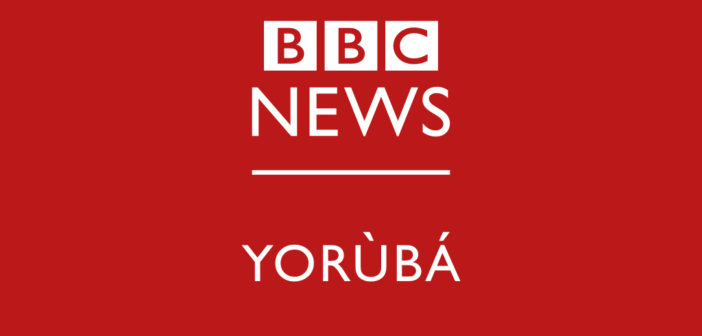The British Broadcasting Corporation, BCC, has launched Igbo and Yoruba Languages services in Nigeria, West and Central Africa.
This is part of the BBC World Service’s expansion since the 1940s after its funding was boosted by the announcement of the British government in 2016.
The Yoruba language is primarily spoken in the south-west of Nigeria, Benin Republic and Togo, while the Igbo language is predominantly spoken in the south-east of Nigeria. BBC is targeting the 40 million Yoruba language speaking in Nigeria, Benin and Togo. Igbo language speakers are estimated to be about 30 million.
BBC’s expansion plan involves the launching of 12 new services in Africa and Asia.
In Nigeria, the launching of the Yoruba and Igbo languages services will take BBC World Service to four, joining the Hausa language service which has been in operation for decades and the Pidgin service that was launched last year.
The BBC’s head of West Africa, Oluwatoyosi Ogunseye, says the focus will be on original journalism.
“Delivering content and engaging with the Igbo and Yoruba audiences in their mother tongues is authentic, exciting and refreshing,” she says.
“We have had BBC Hausa [mainly spoken in northern Nigeria]for decades and we’ve seen the impact it had with its audience.
“When we look at Nigeria we have a multicultural society and the BBC felt that it was very important to give all the cultures a platform to communicate, a platform to interact.”




